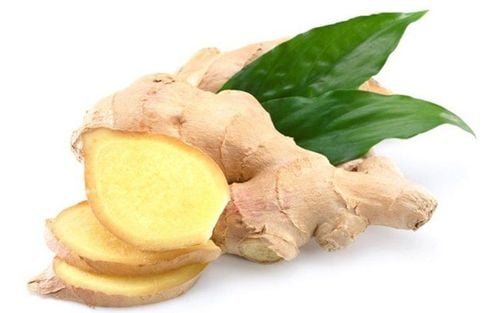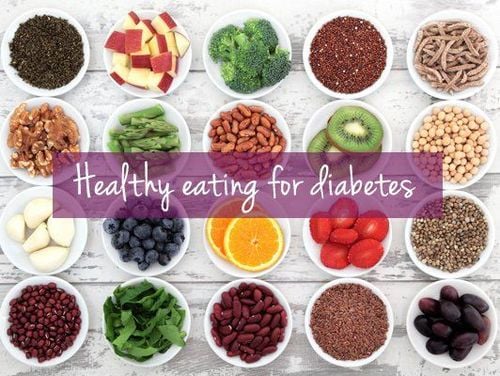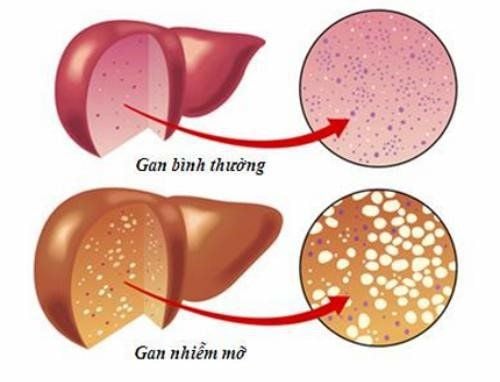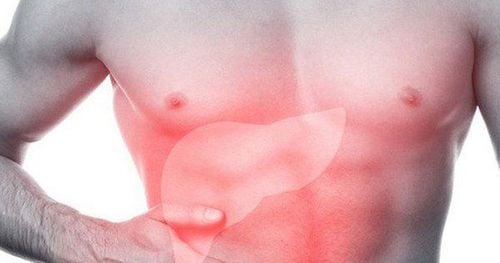Ginger is a widely used food in many countries around the world. It is not only an essential spice in dishes but also provides many other notable health benefits, including anti-inflammatory properties, diabetes prevention, digestive support, and reduction of nausea symptoms. Many people also use ginger as a treatment for liver issues.
1. Ginger and its role in preventing non-alcoholic fatty liver disease
Ginger is one of the most commonly used spices worldwide. It contains active compounds such as shogaol, gingerol, zingerone, and β-bisabolene. In ancient medicine, ginger was primarily used to treat various disorders such as rheumatoid arthritis, inflammation, neurodegenerative diseases, and asthma. Previous studies have also shown that ginger and its active compounds can prevent diabetes, fight cancer, and have potent anti-inflammatory effects.
Numerous studies have demonstrated that ginger extract has high antioxidant properties and significantly reduces the levels of inflammatory biomarkers in the body. Moreover, recent trials in patients with type 2 diabetes and hyperlipidemia have shown that ginger can reduce insulin resistance and serum triglyceride levels.
Healthcare professionals believe that ginger and its role in preventing non-alcoholic fatty liver disease (NAFLD) are closely related. NAFLD is commonly divided into two main types: alcoholic fatty liver disease and non-alcoholic fatty liver disease. Non-alcoholic fatty liver disease is one of the most common chronic liver diseases worldwide, primarily occurring in obese individuals, type 2 diabetes patients, and those with a sedentary lifestyle.
NAFLD encompasses a spectrum of liver disorders ranging from simple steatosis to cirrhosis and eventually to end-stage liver disease. It is often associated with various metabolic disorders such as obesity, insulin resistance, dyslipidemia, hypertension, and impaired fat metabolism. Additionally, NAFLD can increase the risk of death from related cardiovascular diseases.
Although there is no definitive treatment for this disorder, researchers believe that the combination of a balanced diet and regular exercise is the most critical factor in improving the condition. Previous studies have shown that a diet rich in antioxidants and anti-inflammatory agents can be highly effective in treating liver problems, especially non-alcoholic fatty liver disease.
Fortunately, ginger is a food that possesses all the necessary elements to prevent and treat liver problems. Experts suggest that supplementing with ginger is a new therapeutic strategy for NAFLD by improving the body's antioxidant activity, reducing inflammation and insulin resistance.
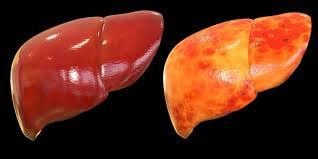
2. Other Health Benefits of Ginger
Ginger is not only beneficial for those with liver diseases such as cirrhosis, hepatitis, or fatty liver, but it also offers several other notable health benefits, including:
2.1. Weight Loss
Drinking ginger water can help you lose weight effectively when combined with a healthy diet and proper exercise. A recent animal study has shown that ginger can prevent obesity in mice on a high-fat diet. Additionally, another human trial found that drinking hot ginger water after meals helps you feel full longer and balances blood sugar levels, thereby preventing cravings and overeating.
2.2. Hydration
Providing enough water for the body is always a crucial step to support every aspect of your health. Many of us do not drink enough water daily, which can lead to dehydration. To ensure your body always receives enough water, you can start your day with a glass of ginger water.
2.3. Nausea Relief and Digestive Support
Ginger has been used in many cultures to help alleviate symptoms of indigestion, nausea, or vomiting. However, there is still limited research to definitively prove its effectiveness in these areas.
2.4. Blood Sugar Balance
Some studies have shown that ginger can improve fasting blood sugar levels in people with diabetes. These findings suggest that ginger may help manage health issues associated with chronic diabetes.
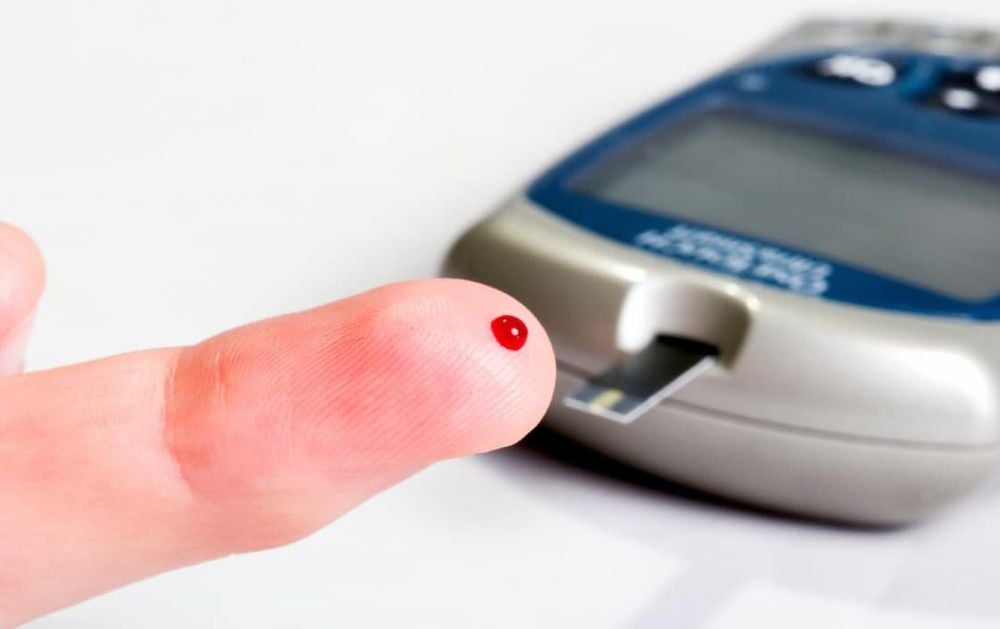
3. Potential Health Risks Associated with Ginger Consumption
Like any herb or supplement, ginger can interact adversely with medications you may be taking. Although side effects from ginger are rare, excessive consumption can lead to the following symptoms:
- Gas
- Heartburn
- Abdominal pain
- Burning mouth
To avoid these conditions, it is best to consume no more than 4 grams of ginger per day in any form. In particular, people with diabetes, heart disease, and gallstones should consult their doctor before using ginger as a supplement. Additionally, pregnant and breastfeeding women, or those about to undergo surgery, should also discuss the safety of ginger use with their doctor.
4. Can drinking ginger water help detoxify the body?
Some people use ginger and lemon water to eliminate toxins from their bodies. Since ginger can fight diseases, germs, inflammation, and cancer-causing agents, you can consume a certain amount of ginger daily to support overall health.
Ginger is a natural root, so drinking ginger water provides you with many other valuable nutrients. To make ginger water, you simply boil ginger in water and brew it like tea. Ginger can be left with its skin on, as many nutrients are found just beneath the skin.
You can use as little or as much ginger as you like, depending on how strong you want your ginger water. Here's a common recipe you can follow (note, the ratio of water to ginger is equivalent to 1 gram of ginger extract):
- Step 1: Wash the ginger root you'll be using.
- Step 2: Use a knife to peel about 1/2 teaspoon of ginger.
- Step 3: Boil 4 cups of water.
- Step 4: Add the ginger when the water boils.
- Step 5: Turn off the heat and let the ginger steep for 10 minutes.
- Step 6: Strain the ginger pieces from the water.
- Step 7: Drink the ginger water hot or cold, depending on your preference.
Ginger water tastes better with a bit of honey or lemon juice for flavor, but do not overdo the sweetener. If you want to drink ginger water daily, you can brew a large pot and store it in the refrigerator.
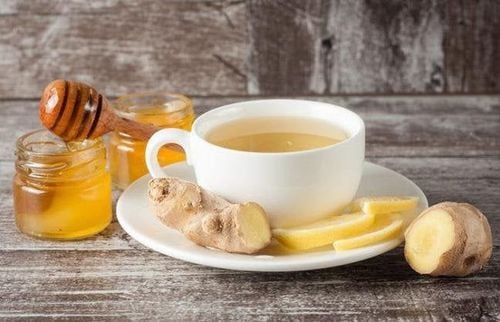
5. Ginger Dosage Health
Health experts recommend consuming a maximum of 3-4 grams of ginger extract per day. If you are pregnant, you should not consume more than 1 gram of ginger extract per day. Additionally, ginger is not recommended for children under 2 years old. Typically, 1 gram of ginger is equivalent to:
- 1/2 teaspoon of ginger powder
- One teaspoon of fresh ginger
- 4 cups of water infused with 1/2 teaspoon of grated ginger
When making ginger tea, you only need to add a few slices of fresh ginger as some nutrients in ginger concentrate when heated.
Ginger is very good for your health, especially your liver. Therefore, you can use ginger in dishes or make tea to enhance the flavor.
Please dial HOTLINE for more information or register for an appointment HERE. Download MyVinmec app to make appointments faster and to manage your bookings easily.





